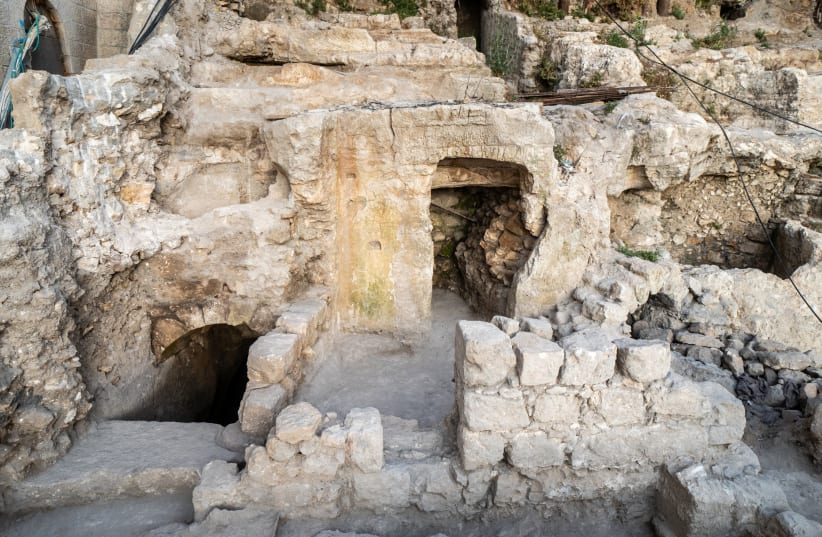ARTICLE AD BOX
Students will study ancient Jerusalem starting from the prehistoric period through key historical phases.
By RAQUEL GUERTZENSTEIN FROHLICH DECEMBER 1, 2024 11:59 Updated: DECEMBER 1, 2024 12:02 The Mikveh Complex and the Remains of Herodian Construction, Looking West
(photo credit: HEBREW UNIVERSITY OF JERUSALEM)
The Mikveh Complex and the Remains of Herodian Construction, Looking West
(photo credit: HEBREW UNIVERSITY OF JERUSALEM)
A new online undergraduate-level course, titled “Jerusalem: A Journey Through Time,” was recently launched by Bar-Ilan University, the institution announced in a Sunday statement.
The course, available as a Massive Open Online Course (MOOC) on the edX platform, is taught by Prof. Aren Maeir, who specializes in the archeology of ancient Jerusalem and the southern Levant, the statement said.
Students will study ancient Jerusalem starting from the prehistoric period through key historical phases such as the periods of the Hebrew Bible/Old Testament, the Christian Bible/New Testament, the First and Second Temple periods, and the Persian, Hellenistic, Roman, and Byzantine periods.
Biblical archeology
Maeir, who teaches a separate course on biblical archeology on the educational platform, is the director of the Tell es-Safi/Gath Archaeological Project and a faculty member at Bar-Ilan University’s Martin (Szusz) Department of Land of Israel Studies and Archaeology.
"I believe this course can serve as a gateway to understanding not just the history of Jerusalem but also the broader fields of archaeology, ancient history, and the methods used to study the past," Maeir said.
"It’s designed to be accessible to anyone, regardless of their background in history or archaeology. I’m excited to bring this knowledge to a global audience, offering both educational insights and a chance to explore the city in ways that were previously inaccessible to most."
The course—which is taught in English and does not require prerequisites—is free and comes with the option to upgrade at a cost of $120 for unlimited access to course materials, a shareable certificate upon completion, and graded assignments and exams.
According to the statement, the course comes with 16 weeks of content, an estimated two to four hours of work each week, and features video lectures, virtual tours, and interviews with leading scholars and researchers in the field.

 2 months ago
119
2 months ago
119








 English (US) ·
English (US) ·